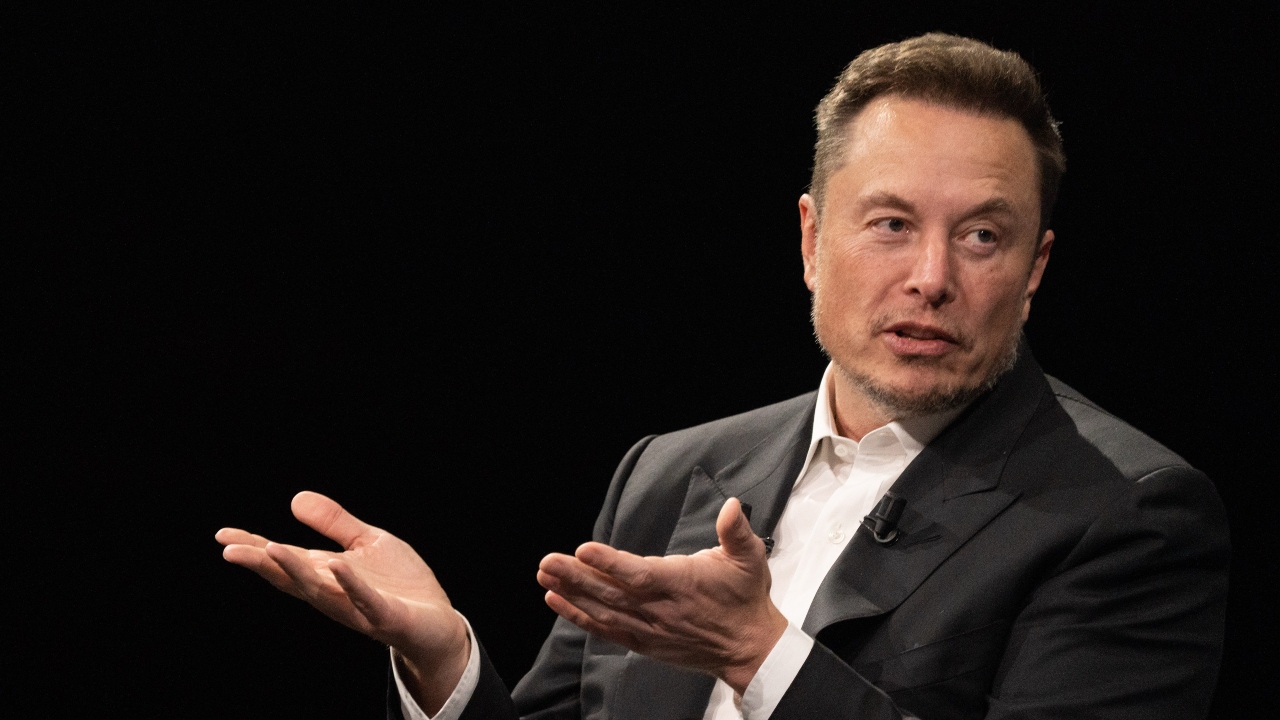September 30, 2023
CALIFORNIA, USA | The United States Equal Employment Opportunity Commission (EEOC) has commenced legal action against Tesla Inc., alleging that the electric vehicle manufacturer permitted the ongoing harassment of Black employees at its main assembly plant in Fremont, California. These disturbing allegations echo similar cases raised by the state of California and Tesla employees themselves.
The lawsuit, filed in a federal court in California, asserts that from 2015 to the present, Black workers at the Tesla plant have endured racist slurs and offensive graffiti, including symbols such as swastikas and nooses. According to the EEOC, Tesla failed to adequately investigate these complaints of racist behavior and, in some instances, terminated or retaliated against employees who reported harassment. This lawsuit introduces federal charges in addition to the discrimination claims already brought by the state of California and Tesla employees.
The legal action follows the breakdown of settlement talks between Tesla and the EEOC after the agency raised its concerns formally last year. Typically, the EEOC settles lawsuits with employers, making it relatively uncommon for the agency’s cases to go to trial.
Tesla is currently grappling with multiple race discrimination lawsuits that share similar allegations. These include a class-action lawsuit initiated by employees at the Fremont plant and a lawsuit brought by a California civil rights agency. In response, Tesla has consistently stated that it does not condone discrimination and treats workers’ complaints with the utmost seriousness and concern.
Legal experts note that the involvement of the federal government lends credibility to the claims made against Tesla. Stephen Diamond, a law professor at Santa Clara University, observed that major institutional investors, such as pension funds, are likely to be deeply concerned about such behavior.
The EEOC’s investigation into Tesla began following an internal complaint filed against the company by the chair of the commission, Charlotte Burrows. The agency determined last year that there was sufficient evidence to suggest that Tesla had violated federal laws prohibiting workplace racial discrimination.
In response to the lawsuit, Burrows emphasized the EEOC’s commitment to combating widespread workplace harassment, stating, “Every employee deserves to have their civil rights respected, and no worker should endure the kind of shameful racial bigotry our investigation revealed.”
The EEOC’s lawsuit seeks compensatory and punitive damages for an unspecified number of Black workers, along with an order requiring Tesla to overhaul its policies prohibiting discrimination and retaliation.
It’s noteworthy that Tesla is facing similar allegations from both the California Civil Rights Department, a state-level equivalent of the EEOC, and the EEOC itself. The California Civil Rights Department alleges that Tesla engaged in discriminatory practices against Black employees in areas such as salary determinations, promotions, and job assignments, according to Reuters.
Tesla has countered these allegations, suggesting that the lawsuit brought by the California department was politically motivated. The company has also argued that the agency violated state law by initiating legal proceedings without providing prior notice to Tesla about all the allegations or affording the company an opportunity to reach a settlement.
In a separate case, a Black former elevator operator at the Fremont plant, Owen Diaz, is seeking a third trial in his 2017 lawsuit claiming he was subjected to severe racial harassment. A jury initially awarded Diaz $137 million in 2021, but a federal judge later deemed this amount excessive. Diaz chose to pursue a new trial rather than accept a reduced award of $15 million. Furthermore, Tesla faces a class-action lawsuit in a California state court related to allegations of mistreatment of Black factory workers. Approximately 240 workers have expressed their intent to join this legal action, marking yet another challenge for the electric car company.
















